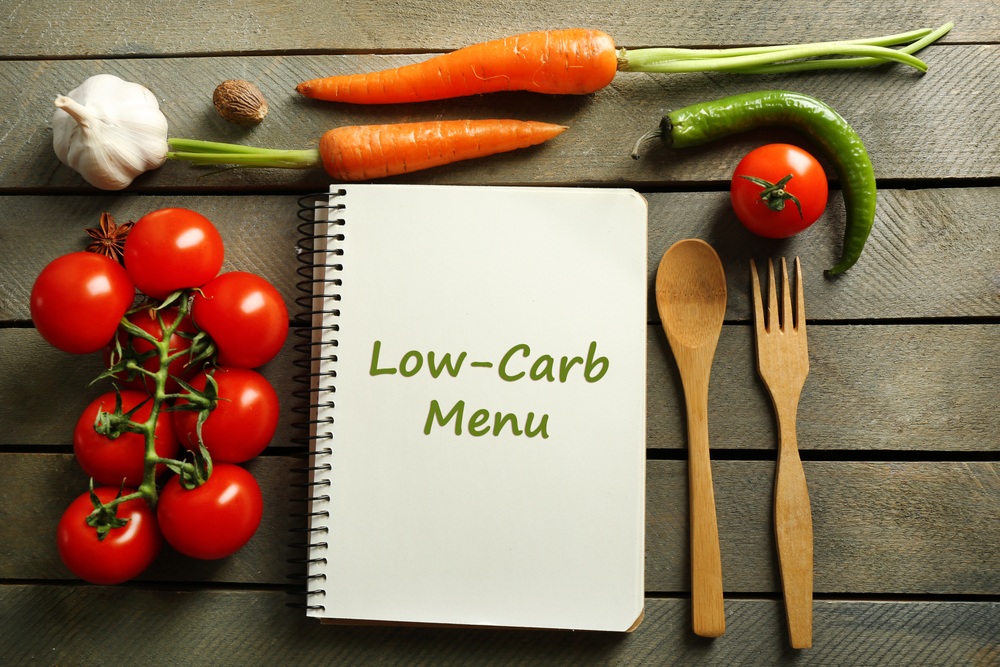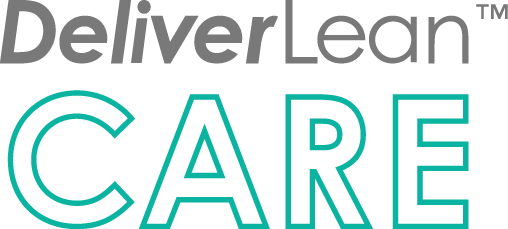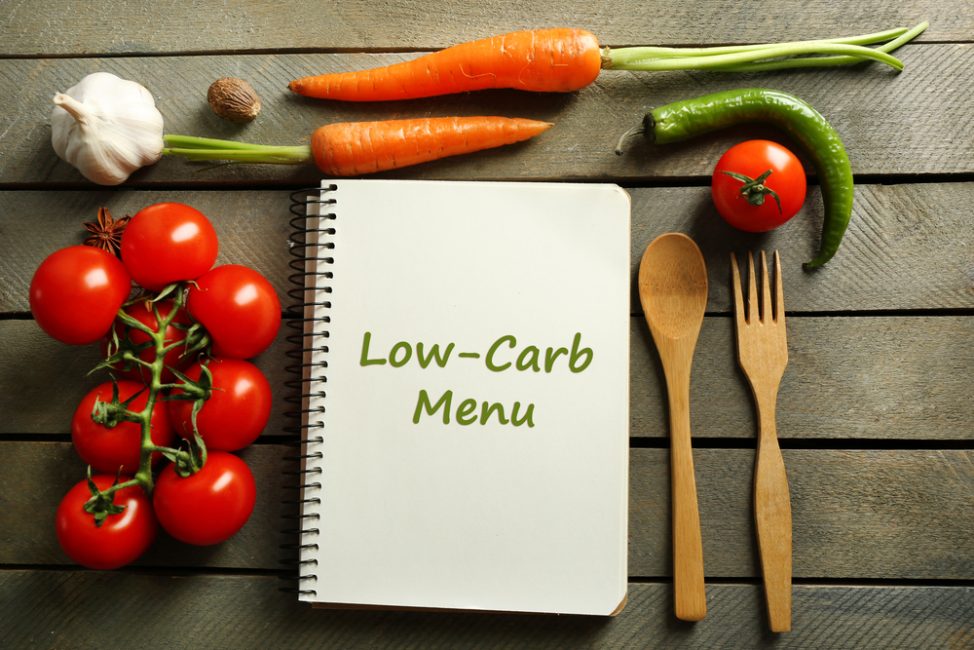
As our bodies age, our metabolism and mobility slow. At this stage in life, burning calories and staying slim both become more challenging. One of the most effective ways to prevent excess weight gain, and help potentially avoid other health complications, is by adhering to a low carb diet.
Why Should You Consider Eating Low Carb Meals?
The human body will convert ingested carbohydrates into glucose. After this, a hormone called insulin assists in transporting the sugar to your body’s cells to use as energy. A regular high carb diet will produce more of this sugar and excess amounts can result in a variety of health and lifestyle issues that might present themselves later on.
What’s the Best Way to Eat Low Carb?
Carbohydrates function as the primary source of energy in the human body. However, like any food, eating them in moderation will help stave off any negative side effects. Instead, we recommend a balanced, nutritionist-guided low carb diet that will allow you to consume enough to provide your body with the necessary energy for your day.
Is Low Carb the Same as the Keto Diet?
The popular weight loss-oriented keto diet is a form of a low carb diet that focuses on radically limiting your carbohydrate intake and substituting high carb ingredients for alternatives in a variety of recipes. According to a report by UChicago Medicine, the keto diet is designed to simulate a body’s response to famine by achieving a state of “ketosis” where the body will break down ketones. This is a type of fat-based natural fuel the liver produces instead of sugar and carbohydrates.
According to the same report, Wellness Dietician Mary Condon, RN, LDN says the following about the keto diet:
- The radical carbohydrate restrictions can result in low blood sugar.
- It is not a sustainable diet and can cause you to gain more weight than before starting the diet later on.
- Keto diets can also cause kidney stones, low blood pressure, constipation, nutrient deficiencies, and increase the risk of heart disease.
- The diet limits access to key sources of nutrients like fruits and vegetables.
While she does not state that the diet is inherently bad for everyone, Condon does admit that she would not recommend the diet to anyone. Simply, its harsh restrictions do not prove realistic or sustainable as a lifestyle change.
So, How Do I Eat a Healthy Low Carb Meal?
You can enjoy a healthy, low carb meal by:
- Consulting with a nutritionist about how many carbs you should eat per day
- Consuming carbohydrates in moderation and counting them throughout the day
- Sourcing carbohydrates from healthy sources like fruits, vegetables, whole grains, and lentils.
- Substituting high carb foods with healthy alternatives (i.e., plant-based pasta, whole grain bread, etc.)
- Eating a high fiber diet
What Are Some High Carb Foods to Avoid?
Usually, many unhealthy high carb foods contain high amounts of sugar or include processed wheat and flour. These can be enjoyed in moderation, but they should be consumed sparingly and infrequently.
Some common examples of high carb foods and ingredients include:
- Sugar
- Soda
- Candy
- Pasta
- Pizza
- Breaded and/or fried meats
- Fruit juice
- Ice cream and sweetened yogurt
- Pastry deserts
- White bread
- High fructose syrup
- Beer
- Sweet sauces and salad dressings
Again, with any of these, eating them in moderation should not contribute to any long-term health effects. However, someone eating a carb controlled diet should look to avoid them and opt for healthier alternatives.
Low Carb Meal Delivery – Sustainable Dieting Made Simple
As part of our mission to provide a variety of diet-sensitive meal delivery solutions to our senior loved ones, we offer a range of low carb solutions that can be delivered to front porches across the continental United States. Our nutritionists work with our on-staff chefs to craft delicious dishes that will help maintain a healthy carbohydrate intake without resorting to any frozen, processed ingredients. Instead, we focus on creating bold flavors that elevate your palette and go well beyond the need for sugar to add taste.
To learn more, view one of our sample menus to see the flavors we create at our Florida headquarters. Have any questions? Contact us anytime and we’ll be happy to discuss meal solutions with you.
Note: DeliverLean Care is covered by most insurance providers, including Avmed Humana and Care Plus. If you would like more information regarding this, please contact your insurance provider or reach out to us for more information.

